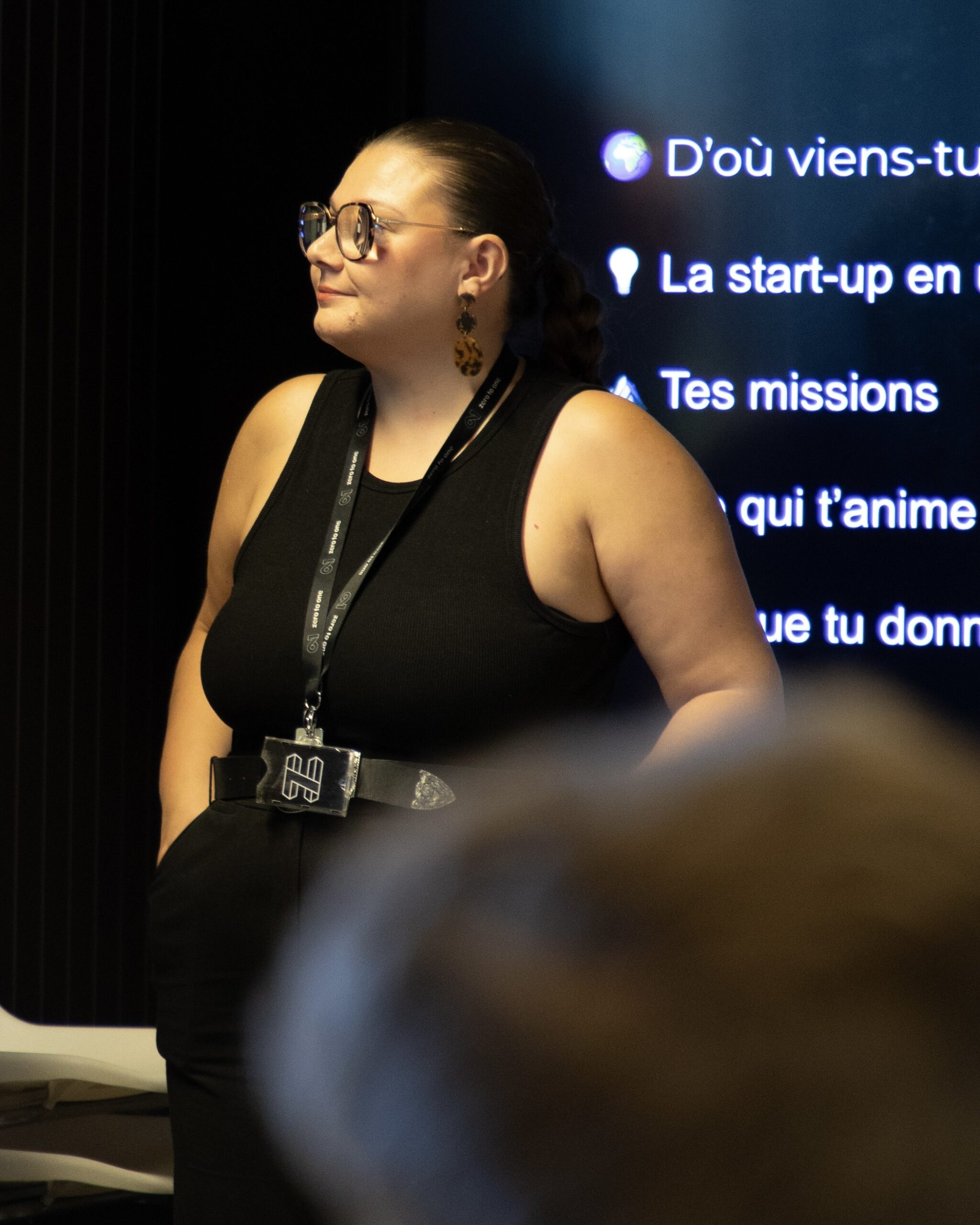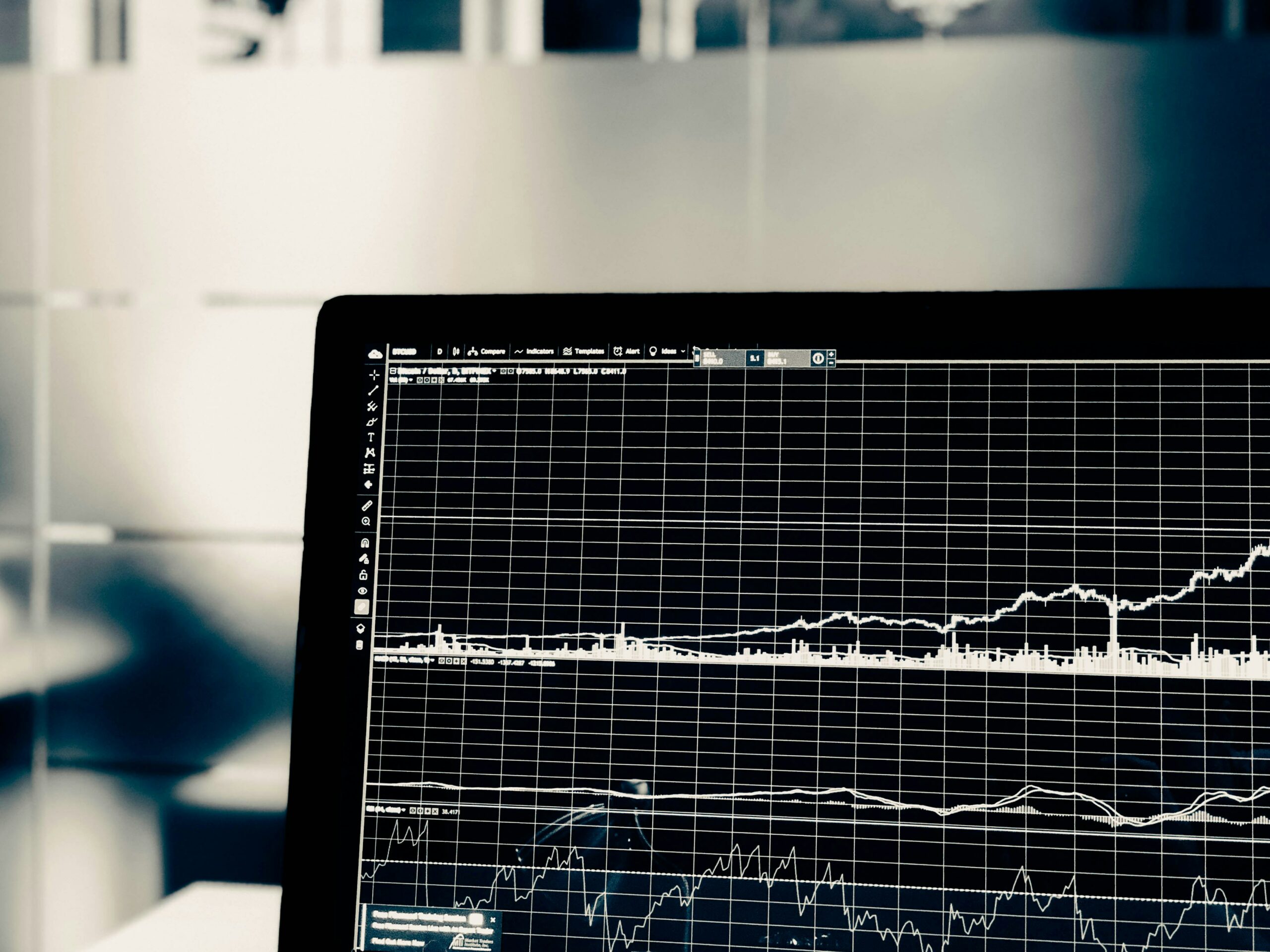In 2017, Mounira Hamdi and Anthony Babkine founded Diversidays, the equal opportunity association working for more diversity in tech and digital professions. Since its creation, Diversidays has supported over 10,000 jobseekers and 50 tech players. As part of the 13M program, we met co-founder Anthony Babkine.
Hello Anthony, would you like to introduce yourself?
My name is Anthony Babkine and I co-founded the equal opportunity association Diversidays in 2017.
I grew up south of Paris, in Évry-Courcouronnes, and I usually say that I’ve had three good fairies in my life. My parents, who were with me all the way, even though I wasn’t a good student; some of my teachers, who helped me to pass my baccalaureate and not give up; and last but not least, the equal opportunity associations that helped me to think big about my future. Thanks to all these people and encounters, I’ve been able to imagine life trajectories that I wouldn’t have considered otherwise.
Before creating Diversidays, had you ever considered entrepreneurship? What prompted you to take this path?
The path of entrepreneurship was not taken by chance, since it was passed on to me by my father, who is an entrepreneur in the music sector.
Before Diversidays, I had already tried my hand at entrepreneurship. Unfortunately, I quickly realized that I was going to lack three key elements: the network, financing and self-confidence.
When you have little or no support, you can quickly doubt your own legitimacy and the value of what you can contribute. With Diversidays, we want to help people who have the potential, the idea, who want to have a positive impact on society, but who don’t have all the cards in hand to succeed.
You often describe digital technology as “the social elevator of the 21st century”. What does this mean to you?
I’m absolutely convinced that by 2030, digital skills will be indispensable on the French and European job markets. Yet many people don’t give themselves the chance to go into these professions, mainly because of clichés and preconceived ideas.
With Diversidays, we’re highlighting the opportunities offered by the digital professions to encourage everyone to move into or re-orientate themselves towards this sector.
The shortage of candidates is a major issue in the job market. So we need to let as many people as possible know that these professions are open and very diverse. Digital jobs make up a family of over 800 professions, so you can work in video games, cybersecurity or UX/UI design. These are the opportunities of tomorrow!
You are often described as the “equal opportunity entrepreneur”. What is equal opportunity and how can we achieve it?
Equal opportunity means giving equal opportunities to as many people as possible from the outset. This is not at all the case in France today, where it takes six generations to change social class. This means that if you come from a less affluent background, it will take you much longer to rise socially.
My challenge is to reduce this gap and facilitate access to opportunities for as many people as possible. Solutions exist to speed things up, and we need to talk about them.
Today, for example, we’re at NECC, a digital and inclusive third-place in Vaulx-en-Velin. Among other things, it provides an opportunity to learn about digital professions in a different way, through the prism of video games, teamwork, encounters and exchanges.
Initiatives like these, and like Diversidays, show that in the digital sector, you can find very good professional opportunities, with permanent contracts, good pay, where you can express yourself, with “fun” to boot.
Today Diversidays has three support programs. What are the objectives of each?
Right from the start, we focused on impact issues. This choice was strongly influenced by my own company, founded a few years earlier. I wanted to help tech companies with impact issues. This was the association’s first proposal, which we put into practice with the Leadership program.
When the Covid epidemic hit, we realized that we also needed to help people who wanted to retrain. That’s why we created Déclics Numériques, a program that enables everyone to reorient themselves and apply for a job in the digital and tech professions.
Finally, we have launched the TechYourPlace inclusion movement, which brings together 50 tech players (investment funds, start-ups, etc.). The idea is to help them think differently about the notion of talent, and review their recruitment, diversity and inclusion policies accordingly. Because it’s one thing to train in tech and digital professions; it’s quite another to find one’s place in this environment, and companies too need to be part of an inclusive approach if this encounter is to take place.
Since 2017, Diversidays has helped 10,000 jobseekers and 50 tech players: how do your targets identify you?
Today, our strength lies in working with all the local players, from Pôle Emploi to Apec, via associations, local missions, training centers and Agefiph; we also count major companies like Google.org and Axa among our supporters.
All these relationships enable us to design truly inclusive programs. Today, 15% of our beneficiaries are disabled, 25% are on RSA and 65% are women. Our beneficiaries are aware that our programs are tailored to them, and we try to show them routes that suit them.
However, this figure of 10,000 people doesn’t mean much to me. What matters to me, however, is that 25% of our beneficiaries have returned to training and 35% to employment. It’s these figures that drive me on and make me want to go further. By 2025, we’ve set ourselves the target of supporting 10,000 more people!
For anyone interested in working with us, the door is open: contact@diversidays.com
More than 13 million French people are digitally excluded. What actions are essential?
For these 13 million French people, digital technology still poses problems: lack of connectivity, lack of training, lack of equipment, lack of immediate interest, and so on.
I think we need more local centers to explain what computer equipment is, how to surf the Internet, and what’s in it for us on a daily basis. We sometimes talk about “illectronism”, a word with a very strong meaning: it means that, just like illiteracy, anyone who doesn’t master digital skills will be in difficulty on a daily basis.
In my opinion, proximity is a real issue. This means creating links between associations like Diversidays, private companies and public authorities. It’s the trifecta that makes the process work!
What advice can you give to entrepreneurs who want to invent new models?
First of all, don’t stay in your own corner! I believe that the 21st century entrepreneur is open to encounters, goes to all co-creation venues to get in touch with the world and test his or her idea, and favors collective work.
Second tip: find out about all the financing opportunities available, so that “money” is never an obstacle. I’ve had this problem in the past, and unfortunately it held me back in my project. If I’d known, I might have taken the risk at the time to finance my project through different means.
Thirdly, there are a large number of support structures and programs. Which is why my advice to contractors is: get informed! Admittedly, opportunities are not always to be found near suburbs and rural areas, and information about them does not always circulate as it should. But they do exist! Apply, try your luck, you’ve got nothing to lose.
What can we wish you for the future?
I hope that, with the people who work alongside me, we will be able to continue our territorial deployment to help even more people. I’d also like to thank our partners and volunteers, who work alongside us, enabling the association to live and grow a little more every day.
The only other thing you can wish me is success for the 2nd edition of our event dedicated to inclusion and equal opportunities, Uniques. In 2021, we brought together 1,200 people at the Olympia to celebrate and promote equal opportunities. We want Uniques to become the essential event for equal opportunities in France.
I look forward to seeing you in 2024!





